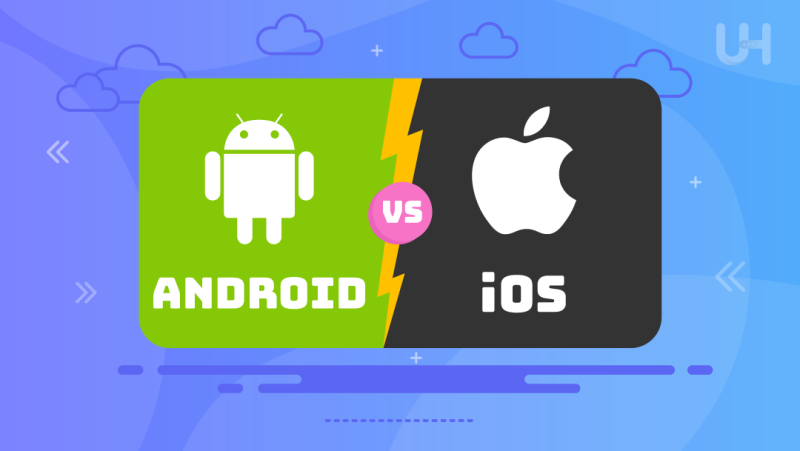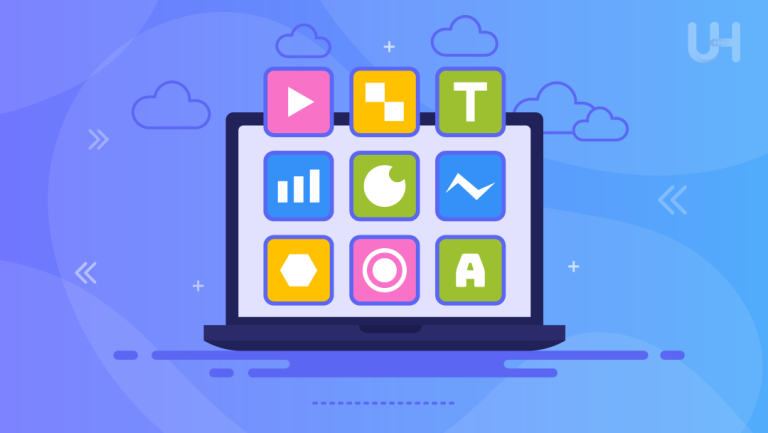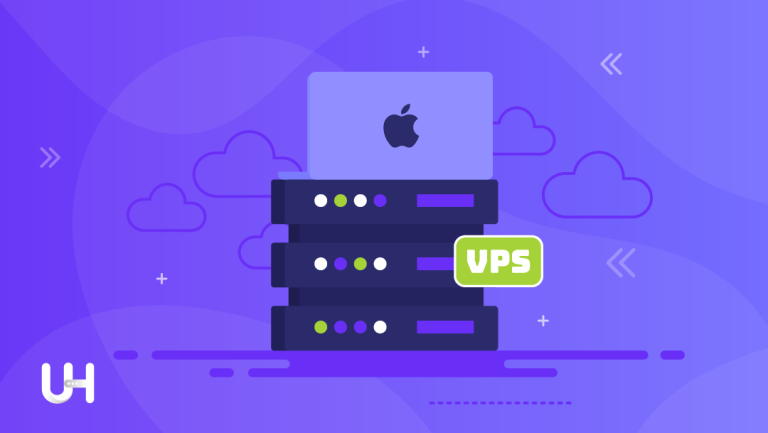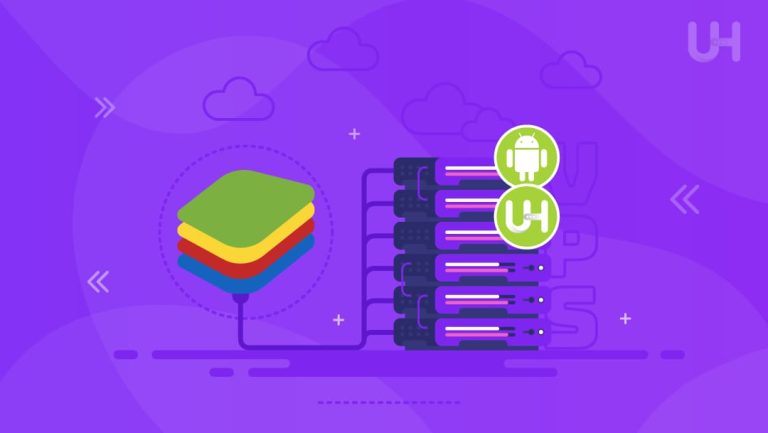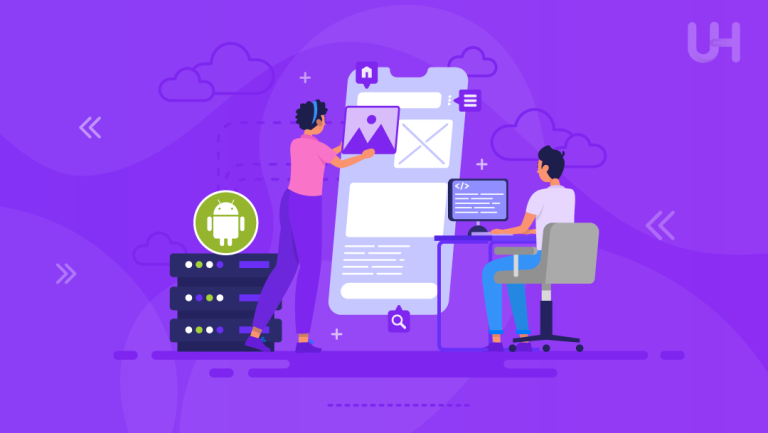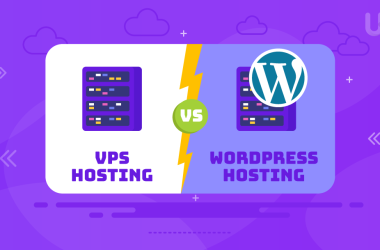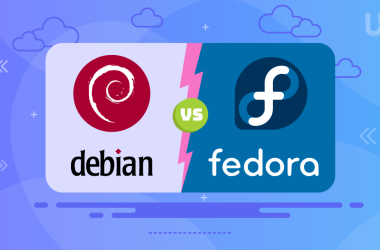The debate between Android and iOS has yet to be finished when it comes to selecting a smartphone. The operating systems have loyal followings that tend to renew each respective control with different features, suiting the needs of the users. Whether one prioritizes customization, security, or user experience, the question of Android vs iOS could potentially impact the device’s overall experience greatly. Knowing these differences between the giants will carry increasingly more weight in a world of ever-changing technology.
In this article, we will show some of the major differences between Android and iOS. Our comparison provides a detailed rundown, from user interface design to app availability and security, so we explore what really separates these two operating systems.
What is Android?
Android is an open-source operating system developed by Google. Its primary focus is on installation on touchscreen mobile devices such as smartphones and tablets. It was first released in 2008 and has since been ruling the mobile operating system market as the most used worldwide. Due to its open-source nature, the software can be modified according to the specifications of hardware scripts by various manufacturers like Samsung, Huawei, and Google, thus offering a wide variety for users to choose from.
One of Android’s strong points is customization. It lets users customize their devices with widgets, custom launchers, and themes to make them their choice. Android’s integration with Google services Gmail, Google Drive, and Google Photos provides seamless access to various tools and cloud backup storage options.
What is iOS?
iOS is a mobile operating system that Apple provides exclusively for its hardware: the iPhone, iPad, and iPod Touch. It started to get into the masses in 2007 with the release of the first iPhone. It is highly appreciated for its sleek design, extremely user-friendly interface, and predictability on all Apple devices. Unlike Android, iOS is a closed-source system; only Apple can work on this software. For that very reason, iOS is much more stable and secure.
The most emphasized advantage of iOS is the Apple ecosystem. iOS devices are closely related to other Apple products like the MacBook, Apple Watch, and Apple TV, providing a seamless experience between different form factors. iOS enjoys timely software updates; hence, users immediately have the latest features and security improvements once available.
iOS vs Android: Detailed Comparison

The user experience, application availability, and security should be judged while comparing Android vs iOS. Both systems have their strengths and weaknesses; understanding those differences may allow you to get the more suitable device for your needs.
User Interface and Customization
The most obvious difference between Android vs iOS concerns the UI. Android permits a highly customizable UI that allows users to change nearly everything, from the layouts of home screens and widgets to the whole look and feel of the operating system using custom launchers. The flexibility of Android thus appeals to those who enjoy tweaking their devices.
On the other hand, iOS provides the same customer experience on all its devices. Apple’s design philosophy is based on simplicity and ease of use, making it accessible to every user who wants simplicity but with a polished touch. While iOS does allow some level of personalization, such as arranging apps and adding widgets, it is very limited compared to Android.
App Store and App Availability
Other essential features for many users include app availability and diversity. The Google Play Store for Android boasts an almost limitless library of applications, with something to suit nearly any need or interest. Since Android is highly open, developers can be more accessible in designing applications, often releasing many innovative and experimental pieces. This openness also means a lot of sometimes lower-quality apps or even malware; users need to be more cautious about what they download.
The reason is that Apple’s App Store scrutinizes its apps extensively, evaluating them to meet the best standards in quality, security, and privacy. This tends to limit access to some niche or experimental apps, but on the flip side, it offers a more secure and seamless user experience. Moreover, most developers release their apps first on iOS, meaning you will see an app, game exclusives, or early access.
Power Your Android Apps with Reliable VPS Hosting
Are you developing Android apps and need a robust hosting solution to ensure seamless performance? Choose UltaHost’s Android VPS Hosting for unmatched speed, security, and scalability.
Security and Privacy
Users are mainly more concerned about data security and data privacy on the phone. The matter is dealt with differently in both operating systems. In fact, iOS is more secure simply because its operating system source is closer, and clearance between any app and the operating system is much tighter and well-defined. Because of this, Apple can act confidently and implement strong security measures through frequent updates, encryption, and secure enclaves, which would remove sensitive information from the computer. An unlimited bandwidth VPS can be used by developers working with large-scale applications that need continuous monitoring and processing of sensitive data. Consistent security checks and updates are enabled to keep user data safe from possible breaks in bandwidth.
As Android is an open-source platform, it is more insecure and vulnerable to security threats. With so many devices and manufacturers creating segmented software updates, some devices are required to isolate themselves against specific vulnerabilities. However, Google is stepping up to improve Android security due to the launch of Google Play Protect and regular security patches. Additionally, Android users have refined permissions on the application and data privacy when you enable more personalized privacy.
Software Updates and Support
iOS is leading the world in terms of handling software updates. Apple watches ensure compatible devices get the update in no time and are available immediately. This is so that when a newly developed feature, bug fix, or improvement in security gets released, users will immediately enjoy what it is and reap its benefits. Additionally, iPhones receive updates five to six years after release, and Apple supports their devices for a long time.
As there are different manufacturers and devices, Android’s situation about updates is more fragmented. Google’s Pixel phones are promised to receive the timely Google updates directly without delays, on the other hand, it does not mean that the same update will reach other Android devices quickly and easily. This is because different manufacturers of original equipment have to customize them to the hardware and test them for that hardware as well. There are times when being a recent user of Android means you need to wait to experience the latest features and security patches. However, older devices may cease receiving updates much faster than iPhones. However, for developers who are navigating these challenges, a stable hosting environment such as Windows Hosting can offer what is needed to test and optimize Android apps on multiple devices.
Hardware Variety and Ecosystem
Android has a wide range of devices, from low-range to high-range budgets, starting with budget-friendly ones to premium flagships. This enables the user to choose their needs and budgets, whether camera-oriented, battery life, etc. Competition among manufacturers results in innovative designs and technologies.
On the other hand, iOS ships on a limited lineup of devices from Apple, which occupy the premium category for the most part. This is definitely restrictive regarding having all sorts of different hardware options, but it does lock in an optimized and consistent experience across devices. The big advantage here is Apple’s ecosystem: iOS stitches in really well with the way other Apple products work, creating a smooth, cohesive, and fuss-free user experience. Handoff, AirDrop, and Continuity are features that make sharing across devices or switching from one device to another a seamless process.
Voice Assistants and AI Integration
The voice assistant is already becoming part of today’s smartphones. Google Assistant is arguably one of the strongest and most powerful voice assistants for Android devices. It highly integrates into Google’s ecosystem and can go as deep as performing a broad spectrum of functions. Constant improvement of Google Assistant in natural language processing and artificial intelligence allows it to be ever more valuable for productivity and daily tasks.
iOS comes with Siri, an Apple-created voice assistant that works seamlessly with the whole Apple ecosystem. While Siri has made advancements over the years, it can trail Google Assistant in both functionality and artificial intelligence integration. Siri is an easy and reliable solution for heavy Apple ecosystem users because of the service and device integration one gets with Apple products.
Cost and Value for Money
Android devices normally offer a wider variety of cost options. From cheap entry-level smartphones to high-end flagships, Android has something to offer everyone—every person in any budget range receives of value for money. Basic features do not differ greatly, so users will be able to choose the one that corresponds with their budgets.
Generally, iOS devices, especially iPhones, fall under the premium category and thus are very expensive. However, the company manages to justify it by emphasizing build quality, longevity, and a premium user experience. iPhones tend to hold their value longer compared to Android phones generally. Thus, an iPhone is a better investment for those who plan to hold the phone for several years.
Conclusion
The choice between Android or iOS strongly depends on your wants and needs. Android might be a fit for you if you highly prioritize customization, a huge variety of devices, and deep Google services integration. On the other hand, if you highly prioritize a refined, consistent experience, good security, nice integration among industrial systems led by companies, and timely updates, then iOS is your cup of tea. Each OS, Android vs iOS, has its strengths, and knowing these differences will help you make a well-informed decision that suits your needs and lifestyle.
For those who prefer developing within the iOS ecosystem, UltaHost’s MAC VPS Hosting provides the perfect environment to build and test your apps with the power and reliability of macOS.
FAQ
Which operating system is better for gaming, Android or iOS?
Both have strong gaming ecosystems, but iOS often gets exclusive game releases and optimized performance for high-end gaming.
Can I switch from Android to iOS easily?
Yes, Apple offers a “Move to iOS” app that helps you seamlessly transfer data from Android to iOS.
Which OS has better battery management, Android or iOS?
iOS is generally known for more efficient battery management due to Apple’s tight hardware-software integration.
Are there any major differences in app design between Android and iOS?
Yes, app design guidelines differ between Android vs iOS. iOS favors a more uniform, minimalist design, while Android offers more customization options.
Do Android and iOS support the same smart home devices?
Both support a wide range of smart home devices, but compatibility may vary, with some devices working better with one OS over the other.
Which OS is better for frequent software updates, Android or iOS?
iOS typically offers more frequent and timely software updates across all its devices than Android.
Can I use Google services on iOS devices?
Yes, most Google services, such as Gmail, Google Maps, and Google Photos, are available on iOS through dedicated apps.





